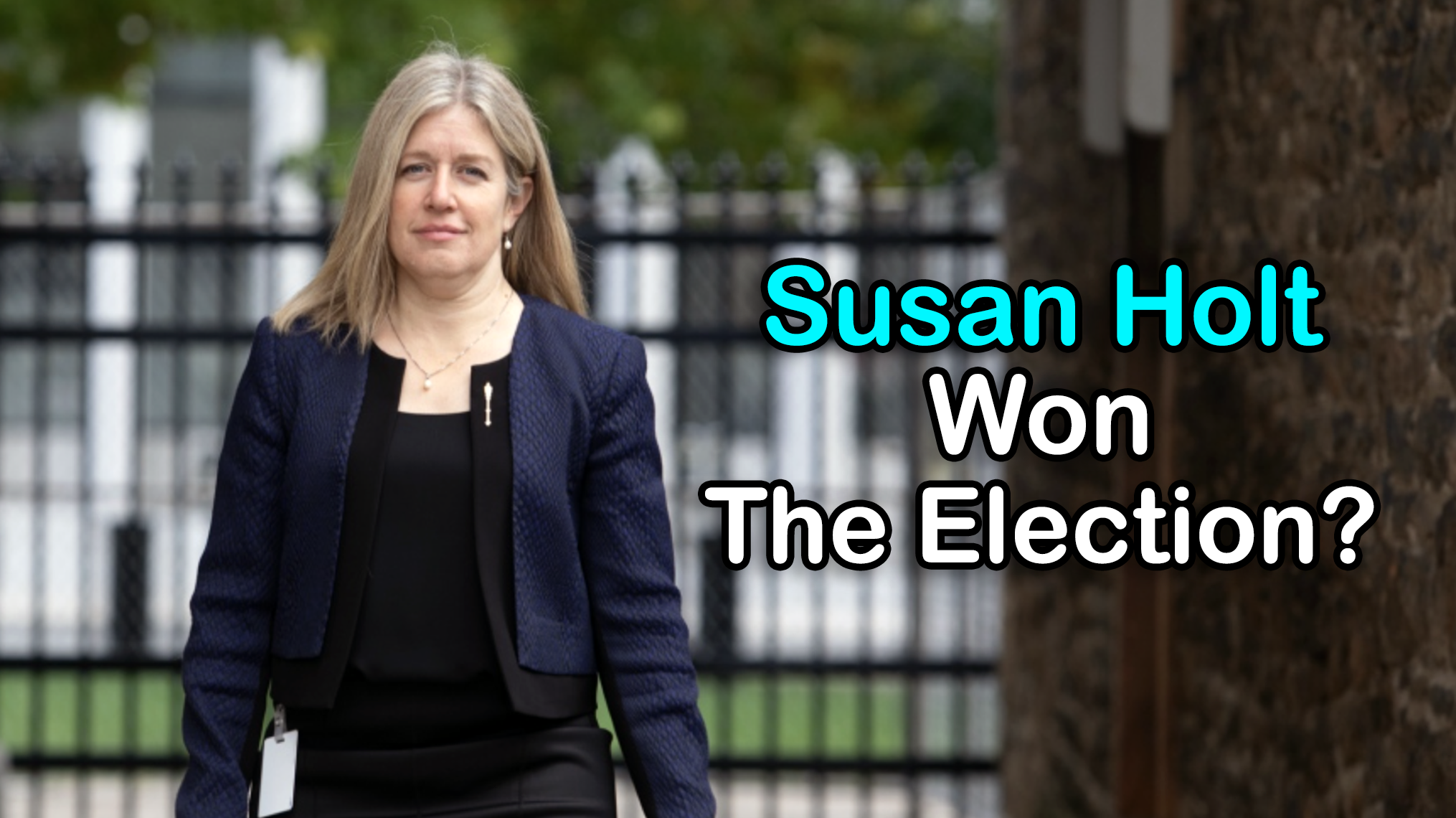The Liberal Party has Taken the Majority in New Brunswick, Making “Susan Holt” The Province’s Very First Female Leader.

Blaine Higgs, Progressive Conservative leader, was seeking to secure a third term as premier.
Fredericton – New Brunswick voters have elected a Liberal majority government, toppling the Progressive Conservatives from power after six years and electing a record number-the province’s first female premier.
A Liberal leader who came into Ontario’s political fray for the first time, Susan Holt achieved the distinction of becoming the first woman to lead the party, besides winning a by-election victory within eight months.
The Liberals, emerging victorious, seemed all set to capture as many as 31 out of the 49 seats, while Conservatives would retain 16 seats and the Greens take two.
Holt, 47, led the Liberals to victory after a 33-day campaign, defeating Blaine Higgs’ bid for a third term as Conservative premier.
This victory by the Liberals sends as strong a signal as can be of disapproval towards Higgs for his apparent shift to more socially conservative policies.
Meanwhile, Higgs lost his own bid for a seat in Quispamsis. There, in an address to supporters he announced he would begin the process of leadership transition.
After the Liberals took the majority, Green Party leader David Coon gave thanks to his supporters and vowed to continue to build the party. But then he turned his attention to the Prime Minister. Speaking to a packed audience at Dolan’s Pub in Fredericton, he said, “It is apparent Blaine Higgs is no longer the Premier of this province.”
The leading issues of the election campaign were basically healthcare and cost, but another factor that makes this election unique is the great differences in campaign approach that Holt and Higgs developed. Holt had numerous commitments to a fair way of governing, ensuring a big difference from previous leadership under Higgs that was most definitely right-wing heavy.
She recently told The Canadian Press that what’s needed is “a government that collaborates, rather than controls from one office in Fredericton”.
Higgs focused on the rising cost of living and pledged to cut the provincial Harmonized Sales Tax by two points to 13 per cent, which would cost the province roughly $450 million annually.
She spent a great deal of her campaign talking about the struggles of the health care system, such as the shortage of doctors, along with how emergency rooms are full and wait times are long. The former business advocate and public servant promised to open 30 health clinics by 2028, take regional sales tax off power bills, expand mental health services, and impose a 3% cap on rent increases before 2025.
The head of the Conservative Party is a 70-year-old mechanical engineer, a former CEO of Irving Oil, who ran a very low-key campaign; indeed, no public appearances were scheduled for at least 10 days. He did not participate in the second leaders’ debate on 9th October, too.
In that campaign, Holt skipped no more than two days of campaigning, then issued a 30-page platform with 100 promises, compared to the two-page Conservative platform with 11 commitments.
Going into the Sept. 19 election, the Conservatives held 25 of 49 seats in the legislature. The Liberals had 16, the Green Party three, one was held by an independent and four were vacant. A party needs at least 25 seats for a majority.
Higgs had hoped to be the first New Brunswick premier to win three elections in a row since Liberal Frank McKenna’s third straight majority victory in 1995. But it was evident from the start that Higgs faced some big obstacles.
One national survey on the first day of the campaign showed his approval rating to be the worst of any prime minister in Canadian history. That same morning, Higgs openly contemplated how the public views him, suggesting perhaps people have a warped impression of his true personality.
He said: “I want them to know me beyond my mere political orientation”. And that he would explain maybe his positivity would lift his popularity. I am not sure if it means a comedy show or just smile more.
Still, Higgs had much to boast about six successive balanced budgets, a significant reduction in provincial debt, personal income taxes being lower, and the population growing.
This time his party, the Conservatives, won the election and formed the province’s first minority government in nearly a century. His party won again in 2020 after Higgs called early elections-the first province to do so during the COVID-19 pandemic-and this time he emerged with a slim majority.
To date, 14 members of the Conservative caucus have resigned based on disagreements with the premier concerning his style of leadership and what they described as an abrupt direction to conservative policies.
A rebellion erupted within the Conservative caucus last year after Higgs brought in changes to gender identity policies in schools. Higgs booted the rebels from his cabinet after some Conservative legislators voted to send the policy changes to an independent review. An effort by some party members to initiate a leadership review proved fruitless.
Higgs also promised that the Conservative government will reject all new applications to establish supervised drug consumption sites, press on with its legal challenge to the federal carbon pricing system and impose mandatory drug rehabilitation for those deemed a risk by bureaucrats.


13 thoughts on “The Liberal Party has Taken the Majority in New Brunswick, Making “Susan Holt” The Province’s Very First Female Leader.”